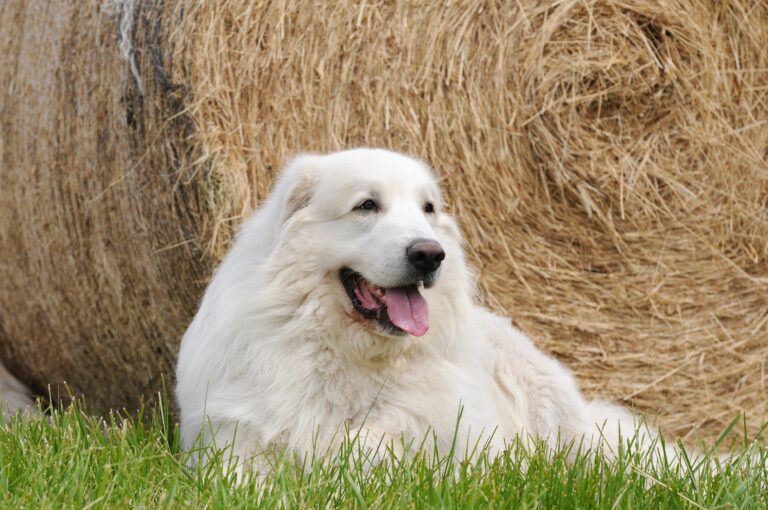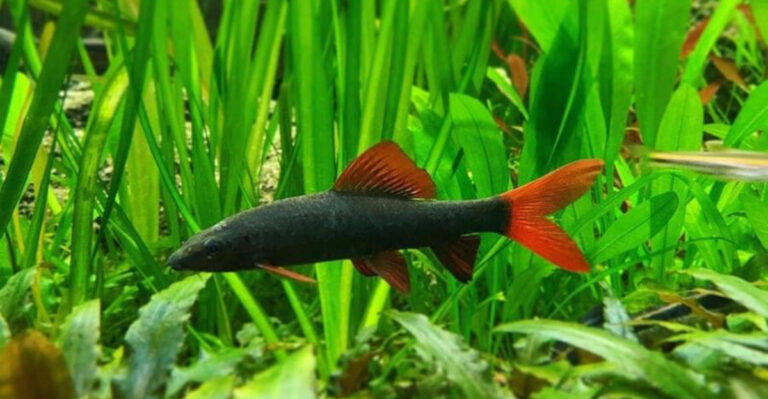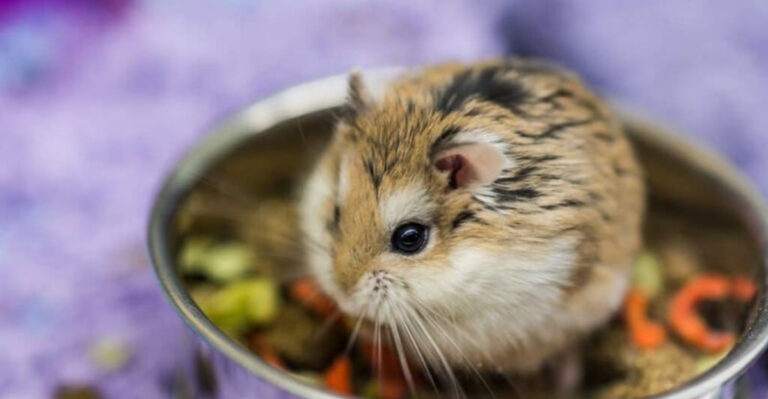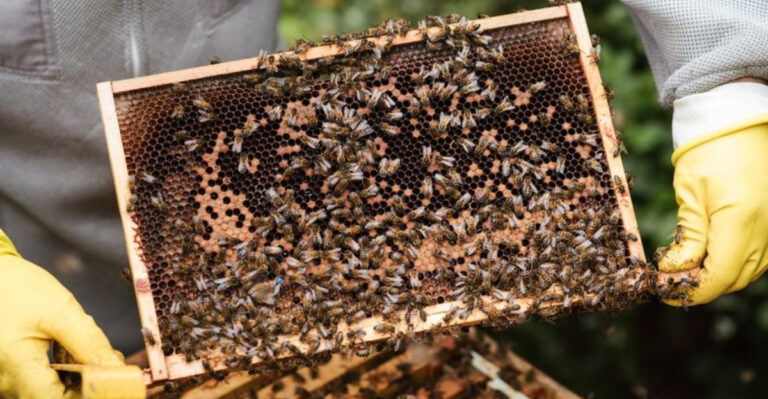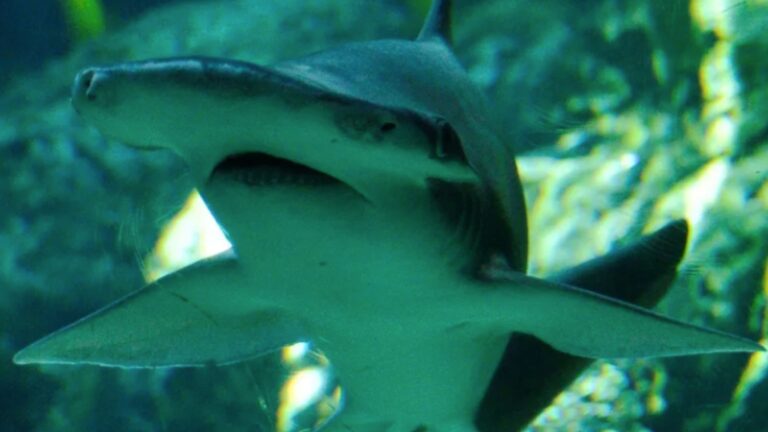17 Cat Breeds Vets Wish People Would Stop Buying
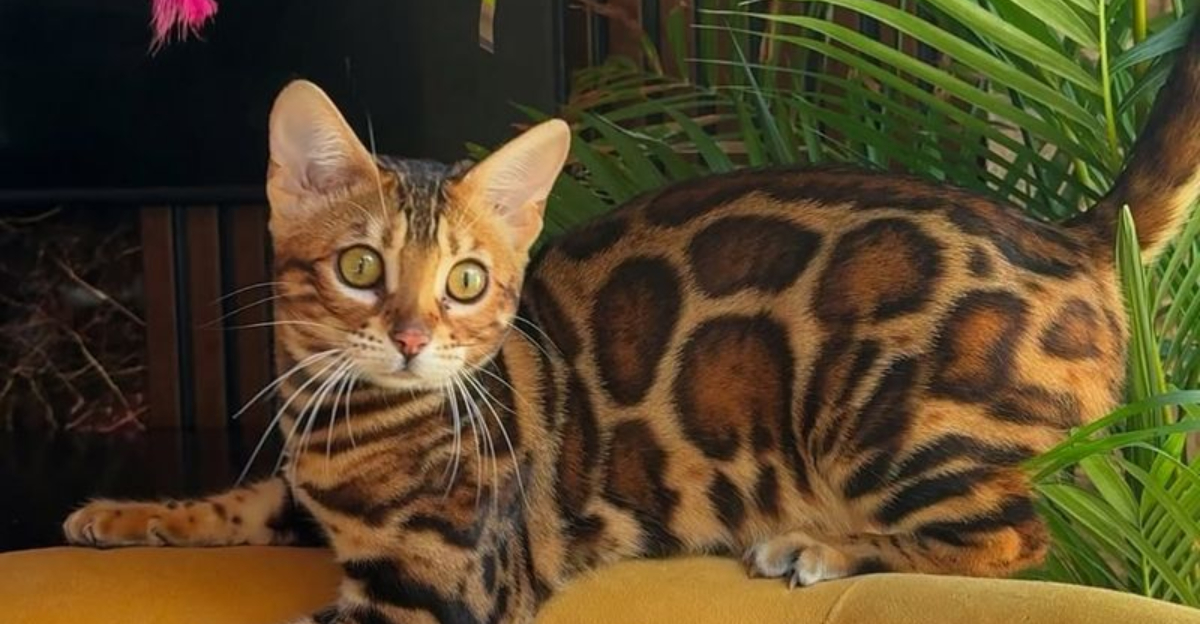
When it comes to adopting a feline friend, not all cat breeds are created equal. Some require more attention, care, and resources than others, making them less suitable for certain owners.
Here, we’ve compiled a list of breeds that experts advise against adopting, particularly if you’re a first-time cat owner or lack the resources to meet their specific needs.
1. Sphynx
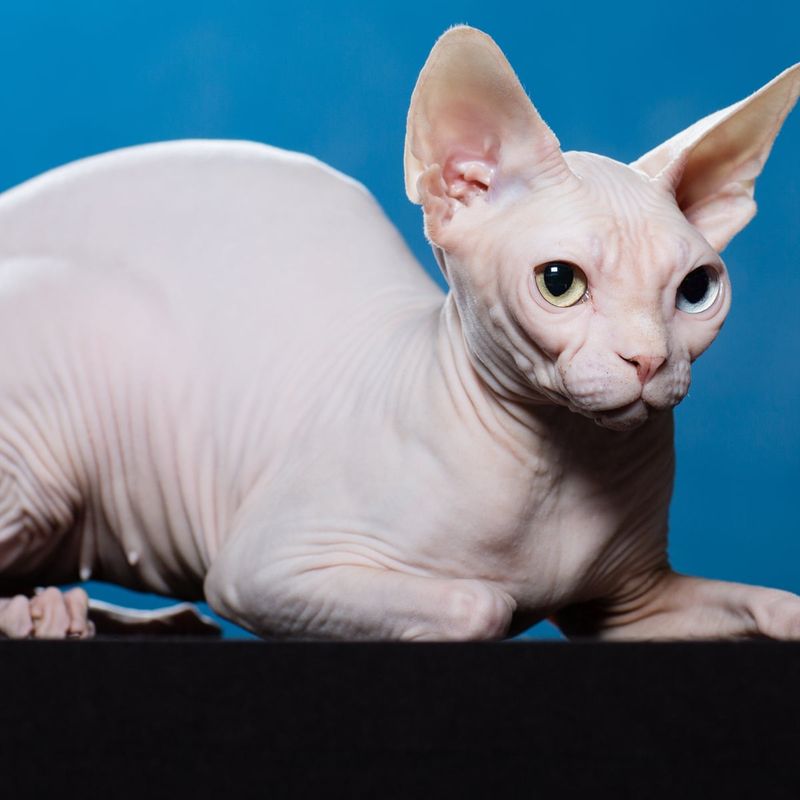
Hairless and unique, the Sphynx cat might seem like a low-maintenance pet due to its lack of fur. However, their skin requires regular cleaning to prevent oil buildup and infections.
They are prone to skin issues that necessitate frequent bathing. Sphynx cats also crave warmth and often need sweaters or heating pads, adding another layer of care.
Despite their alien-like appearance, they are affectionate and demand attention, which can be overwhelming for some owners.
2. Persian
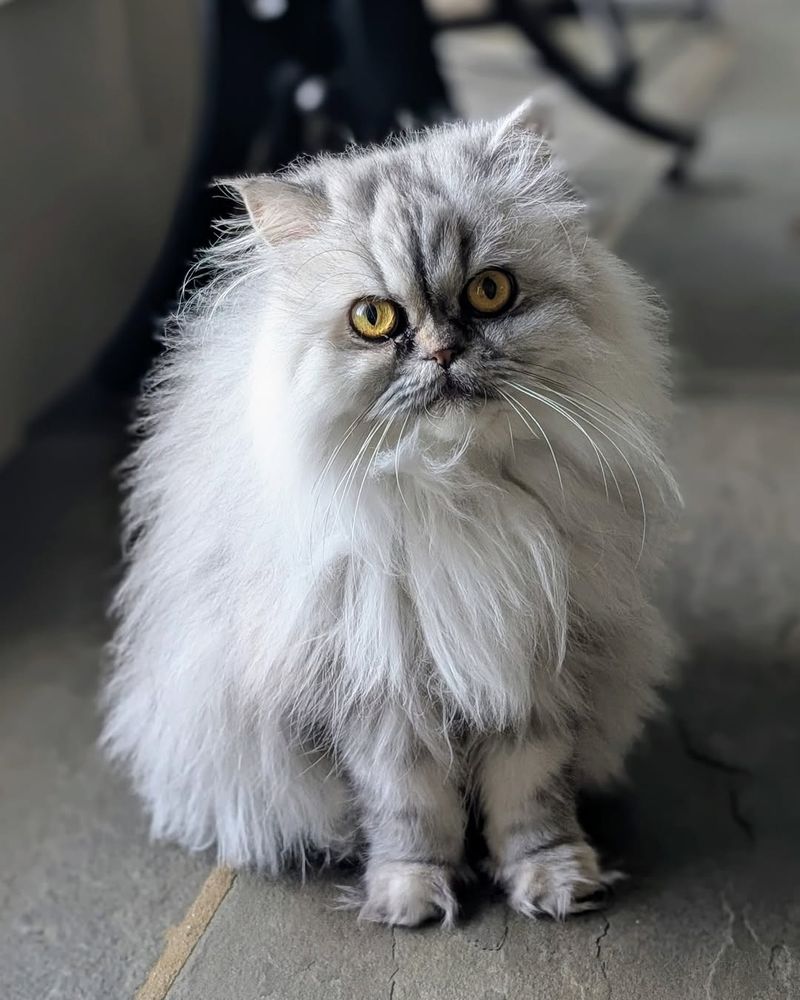
Persian cats, with their luxurious coats and regal appearance, are often considered the epitome of feline beauty.
However, their flat faces can lead to respiratory problems, making daily grooming a must to prevent matting and skin issues.
Persians require a high level of care and attention, often needing professional grooming services.
Despite their laid-back demeanor, they are prone to health problems that may require expensive veterinary care, making them a challenging breed for inexperienced cat owners.
3. Maine Coon
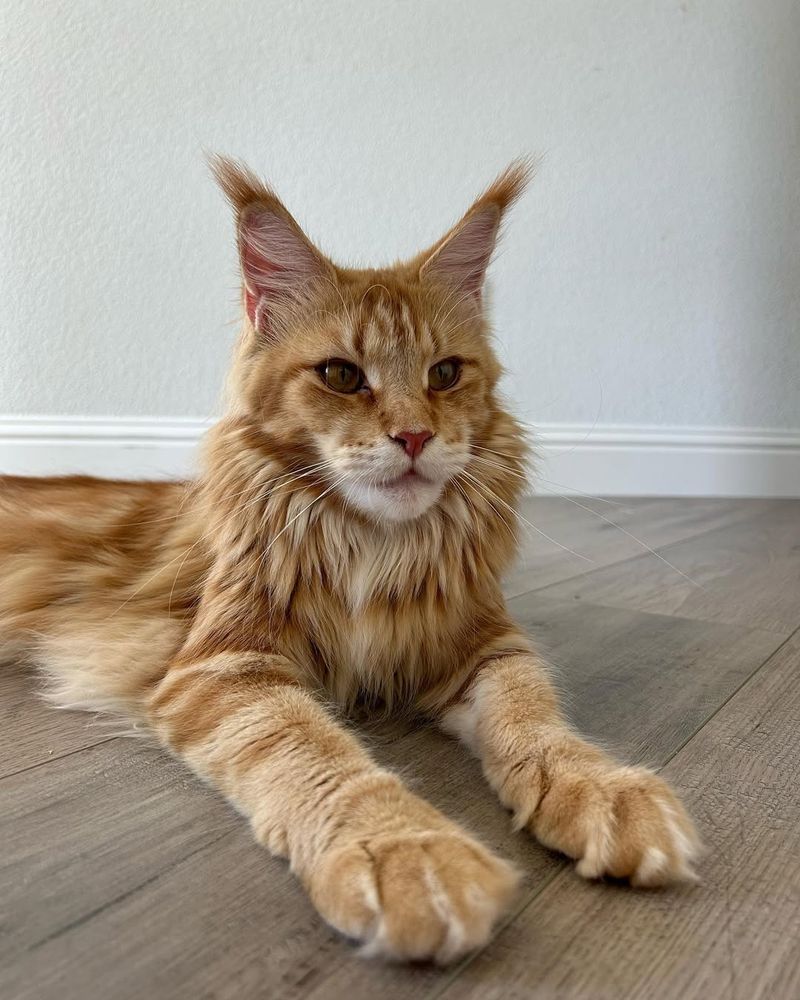
Friendly and gentle, the Maine Coon is a giant in the cat world.
Known for their large size and tufted ears, they are a sight to behold. However, their long fur needs regular brushing to prevent matting, and their size requires more space than an average cat.
While they are affectionate companions, their grooming needs and size make them less suitable for small living spaces or owners who can’t commit to regular maintenance.
4. Bengal
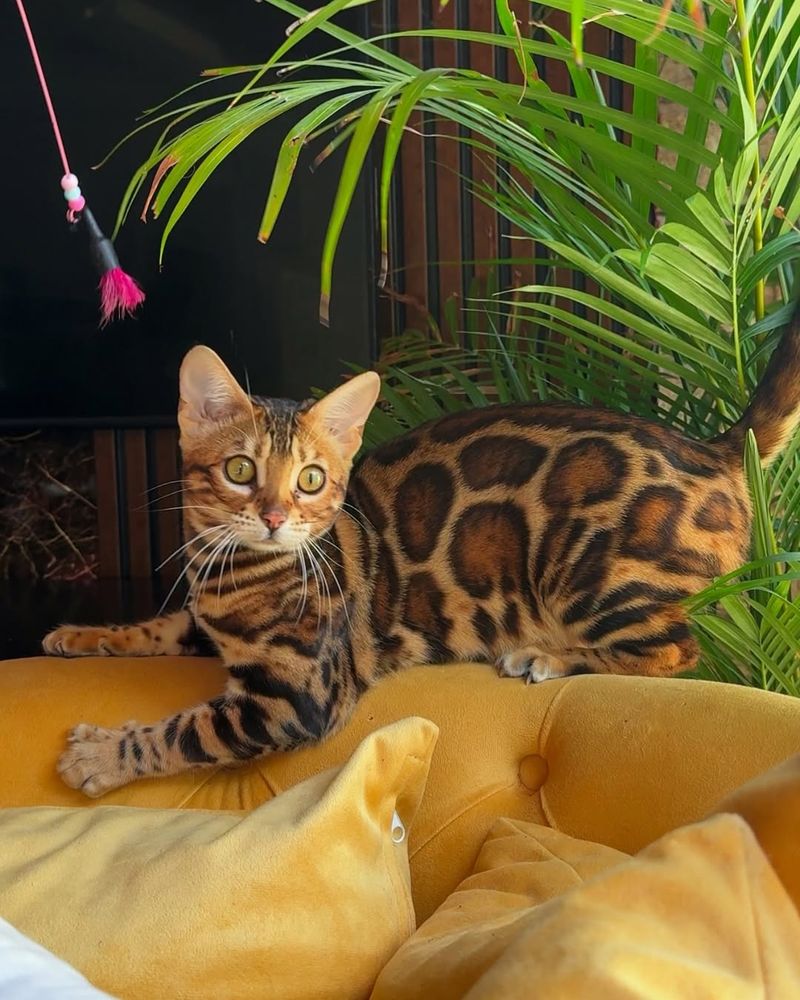
Bengal cats are known for their exotic, wild appearance and high energy levels.
They require a lot of attention and physical activity to stay happy. Without adequate stimulation, they may become destructive.
Bengals have a strong prey drive and love to climb, demanding a home that caters to these instincts. Their energetic nature means they are not the best fit for a household looking for a calm, quiet pet, but perfect for adventurous owners.
5. Scottish Fold
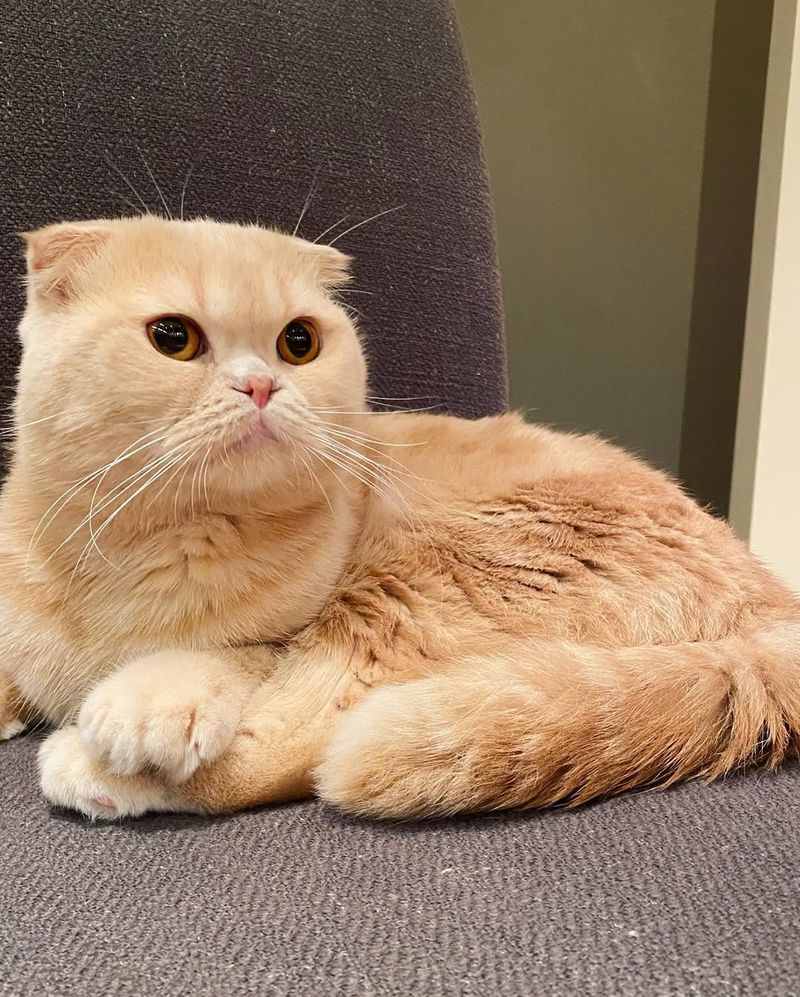
The charming Scottish Fold is easily recognized by its folded ears and round eyes.
However, this unique feature can lead to painful cartilage issues, requiring careful monitoring and veterinary care.
While they have a sweet temperament, potential owners need to be aware of the breed’s predisposition to joint problems.
Their playful nature and affection make them delightful pets, but only if their health needs are diligently managed by committed owners.
6. Abyssinian
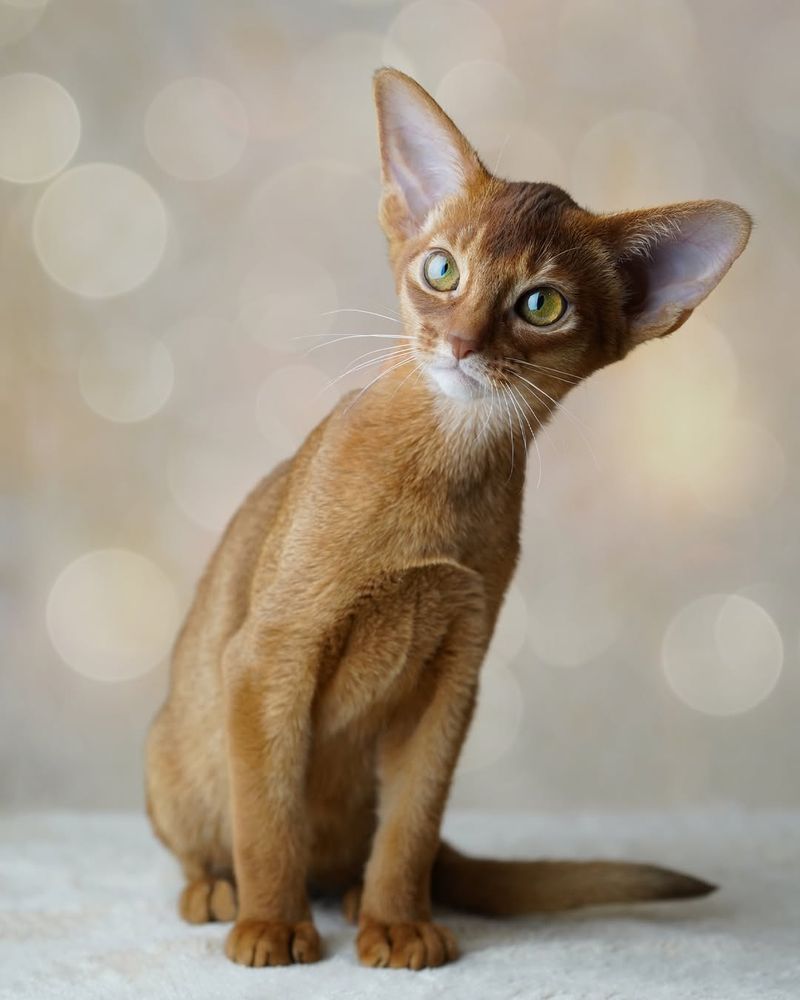
Abyssinians are lively and curious, always on the move and exploring their environment. They thrive on interaction and can become bored easily if left alone for too long.
This breed’s energy level requires owners who can provide constant engagement and playtime. While their short coat is easy to care for, their intense need for stimulation can be overwhelming for those unprepared for such an active pet.
They are perfect for energetic households that enjoy playful companions.
7. Ragdoll
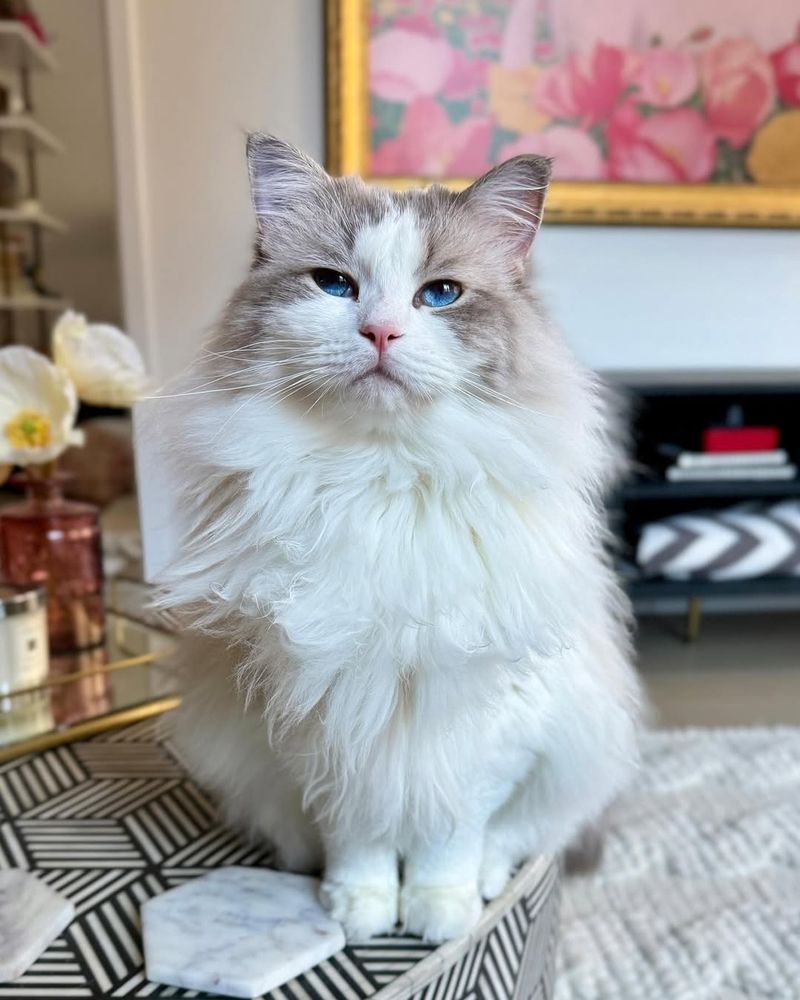
Ragdolls are known for their docile and affectionate nature, often going limp when held, hence their name.
However, they can be prone to heart disease and other genetic health issues, necessitating regular veterinary checks.
Their large size and plush coats require regular grooming to keep them looking their best. While they make gentle companions, their health monitoring and grooming needs may not suit owners looking for a low-maintenance pet.
8. British Shorthair
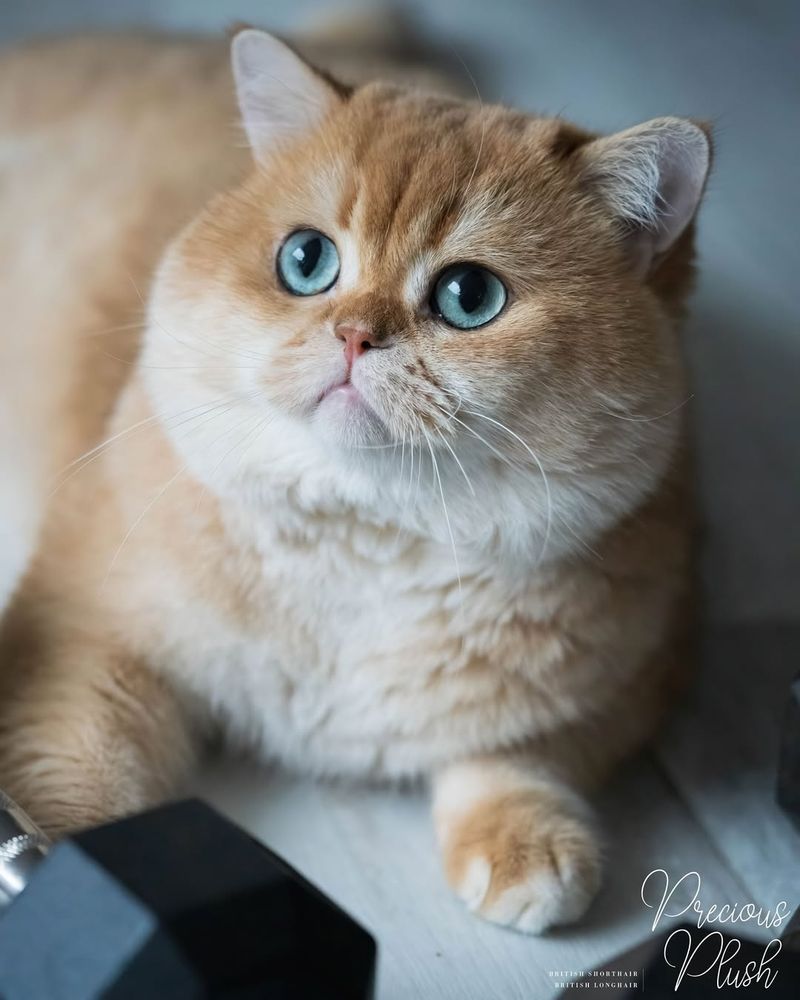
British Shorthairs exude a calm and independent demeanor, making them easy to live with. However, their laid-back nature can sometimes lead to obesity if not properly exercised.
Regular playtime is essential to keep them healthy. Their dense coat needs occasional grooming to reduce shedding.
Although they are generally healthy and low-maintenance, potential owners should be vigilant about their diet and exercise to prevent weight-related health issues.
9. Siberian
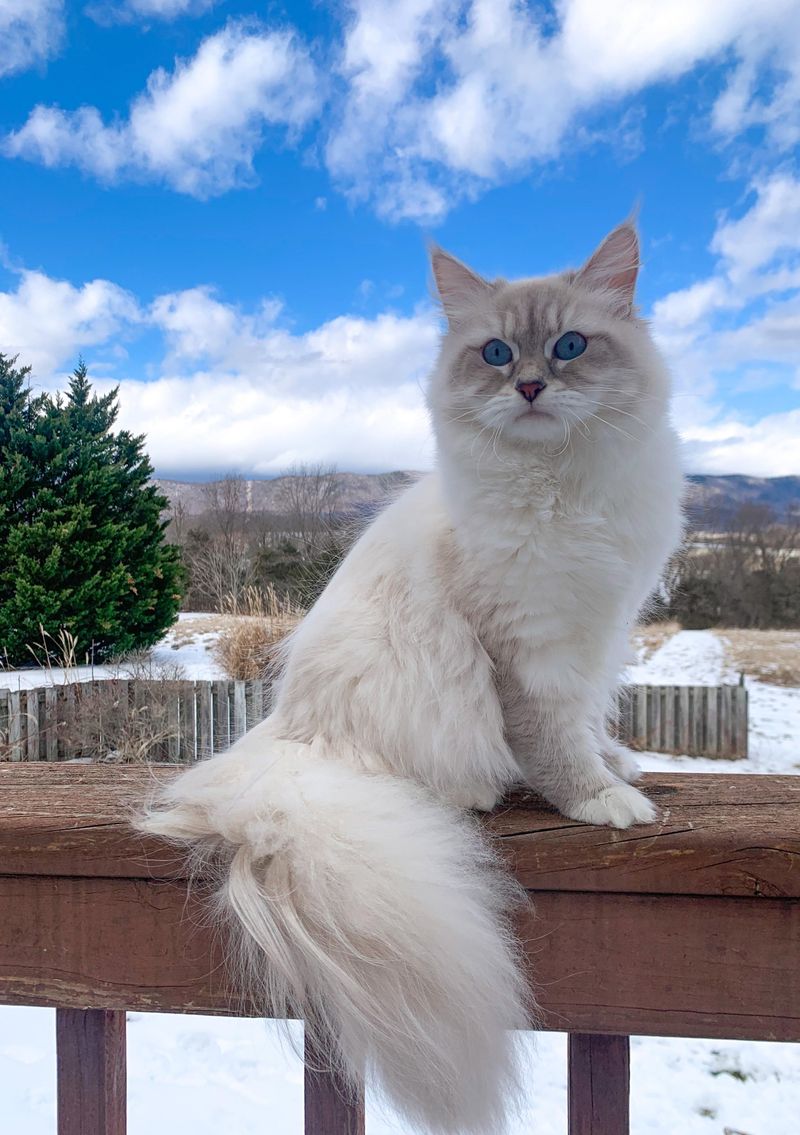
Siberians are known for their impressive coats and playful demeanor.
While they are often less allergenic, they can still develop allergies themselves, requiring careful attention to their diet and environment.
Regular grooming is necessary to manage their thick fur, especially during shedding seasons.
Despite their robust health, potential owners must be prepared for the time and effort needed to maintain their grooming and health needs, making them less suitable for novice cat owners.
10. Oriental Shorthair
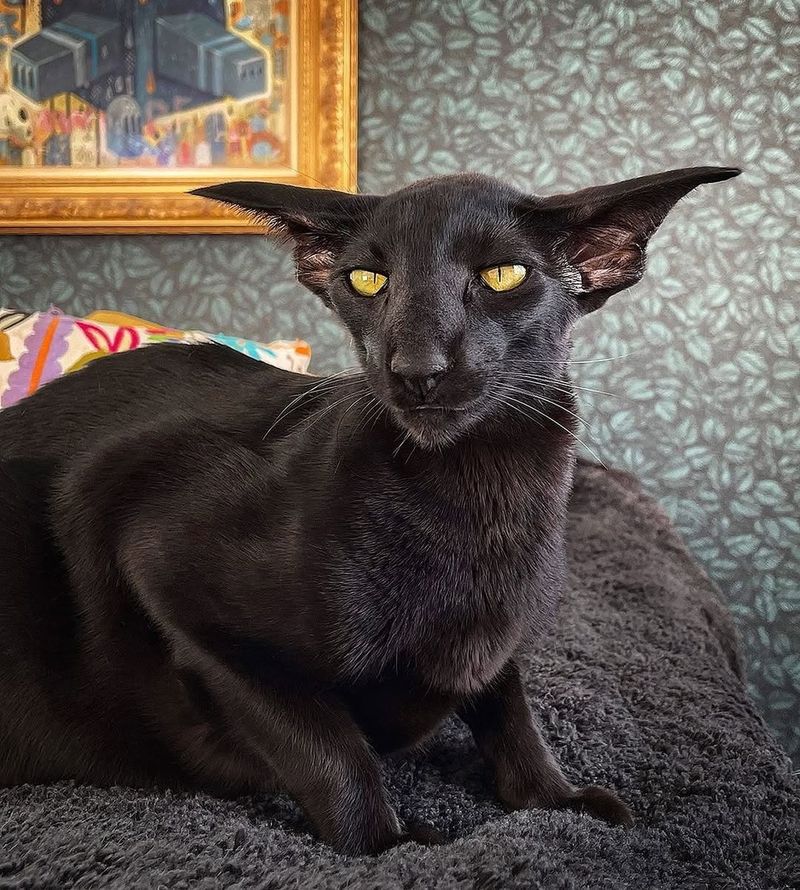
Oriental Shorthairs are lively and talkative, often forming strong bonds with their owners. Their energetic disposition demands plenty of interaction and mental stimulation.
These cats thrive in environments where they can explore and play, making them unsuitable for owners who prefer a more sedentary pet.
While their short coat is easy to maintain, their need for engagement and interaction can be demanding, requiring owners who are willing to invest time in their playful antics.
11. Devon Rex
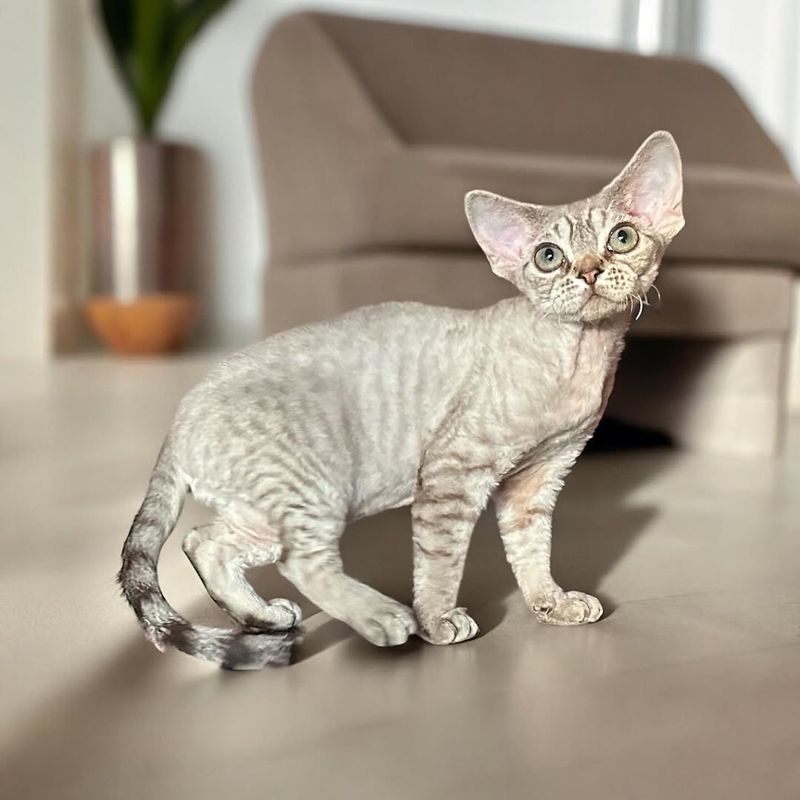
The Devon Rex is known for its unique appearance and playful nature.
These cats have a short, curly coat that requires minimal grooming, but they can be prone to skin issues and need a diet that supports their delicate skin.
Their affectionate and social personality makes them delightful companions, but they do best in homes where they are not left alone for long periods.
Owners must be prepared to deal with potential health issues related to their sensitive skin.
12. Savannah
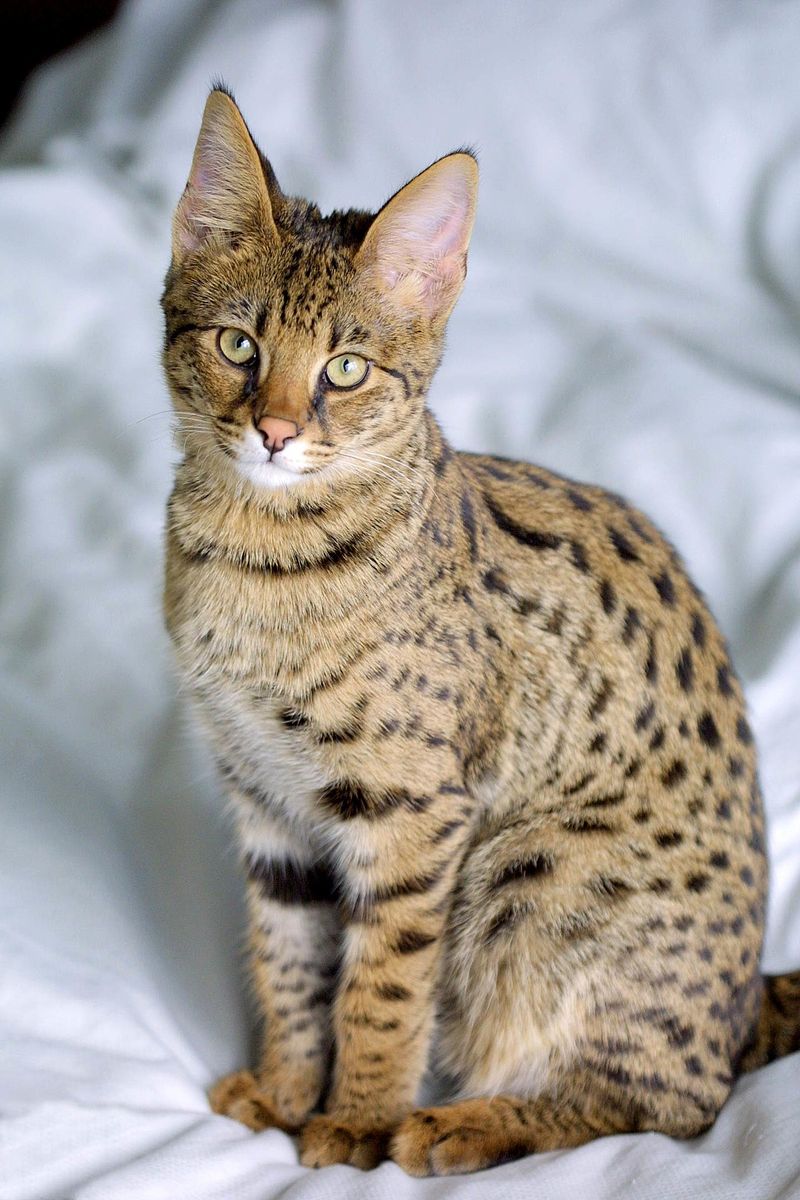
Savannah cats are hybrids, known for their striking appearance resembling their wild ancestors. This can lead to unpredictable behaviors, making them a challenge for inexperienced owners.
They require a lot of space and mental stimulation to satisfy their wild instincts.
While their beauty is undeniable, they are best suited to owners who understand the complexities of their hybrid nature and are committed to providing the environment and care they need to thrive.
13. Turkish Van
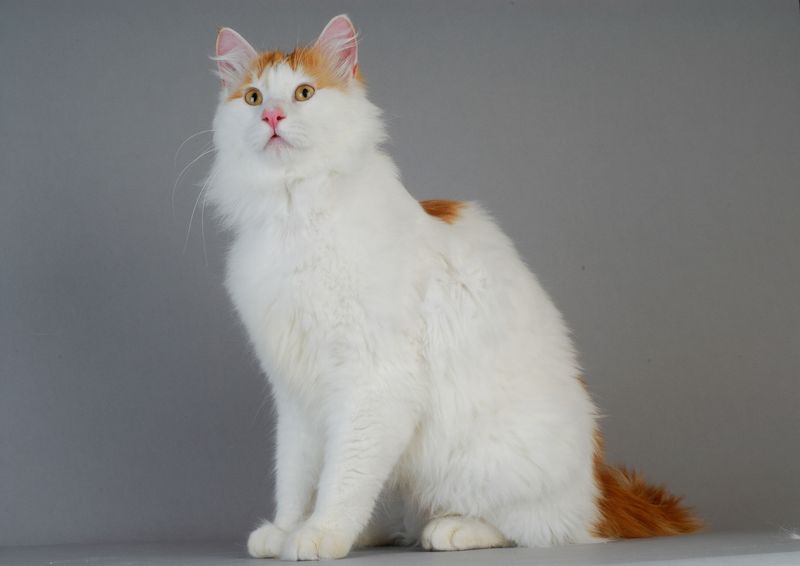
Turkish Vans are unique in their love for water, often enjoying a splash in the bath or pool.
Their active nature means they require a lot of space and stimulation to stay happy. These cats are not easily contained within a typical household setting, often needing a secure yard or large indoor area to explore.
While their playful antics can be entertaining, they require a committed owner ready to manage their high energy and adventurous spirit.
14. Egyptian Mau
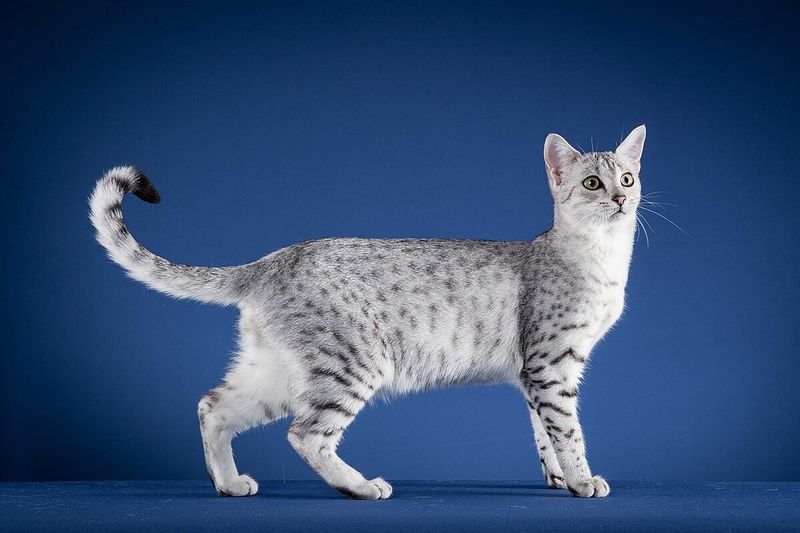
Regal and graceful, the Egyptian Mau is known for its striking spotted coat and keen intelligence.
These cats are highly active and thrive on mental stimulation, often becoming stressed without it. Their high-strung nature makes them best suited for experienced owners who can provide the engagement they need.
While they are affectionate and loyal, their need for constant activity and environmental enrichment can be taxing for those unprepared for such demands.
15. Singapura
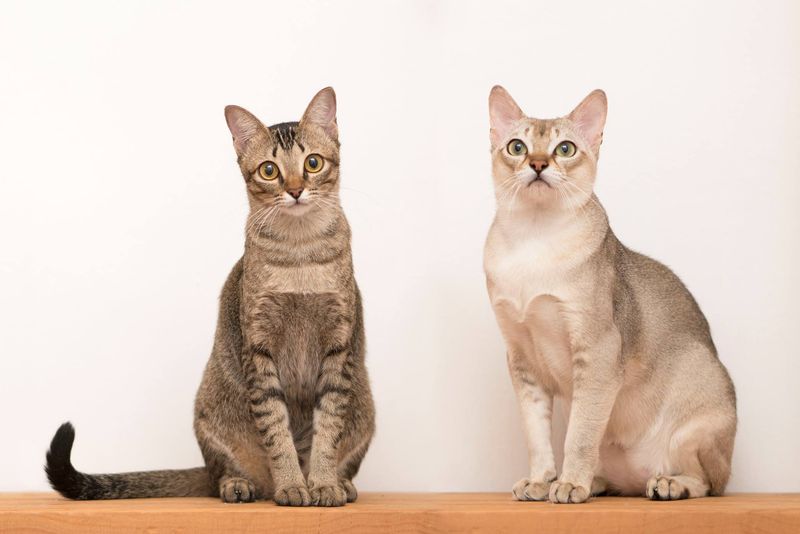
The tiny but mighty Singapura cat packs a lot of energy into its small frame. They are intensely curious and require constant engagement to keep boredom at bay.
Their playful nature is endearing, but they can be quite a handful for owners not prepared for their high energy levels.
While their short coat is easy to maintain, the attention they demand may be too much for those seeking a more relaxed pet experience.
16. Manx
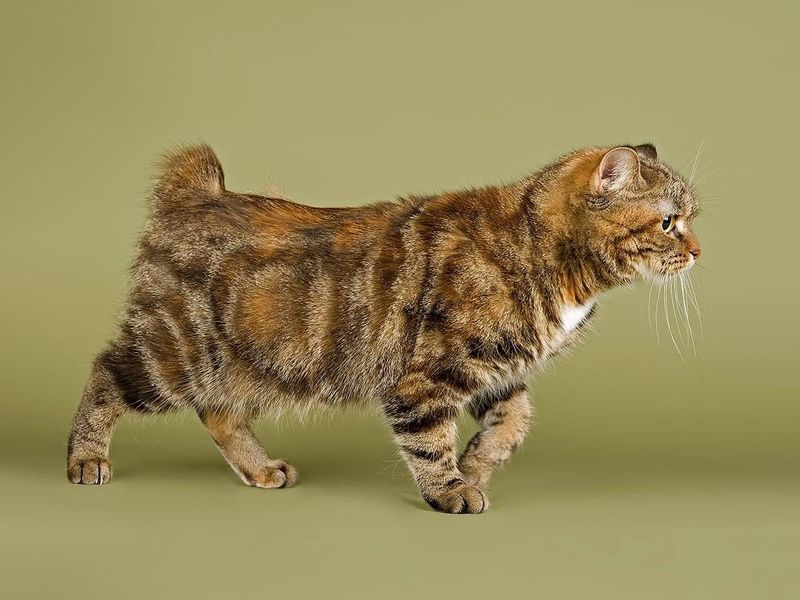
With its distinctive tailless appearance, the Manx cat is truly unique. However, this genetic mutation can lead to serious spine and movement issues.
Prospective owners need to be aware of these potential health problems and ensure they can provide the necessary veterinary care.
Their sweet and social nature makes them wonderful companions, but only for those willing to commit to their health needs. Regular vet visits are crucial to ensure a healthy life.
17. Norwegian Forest Cat
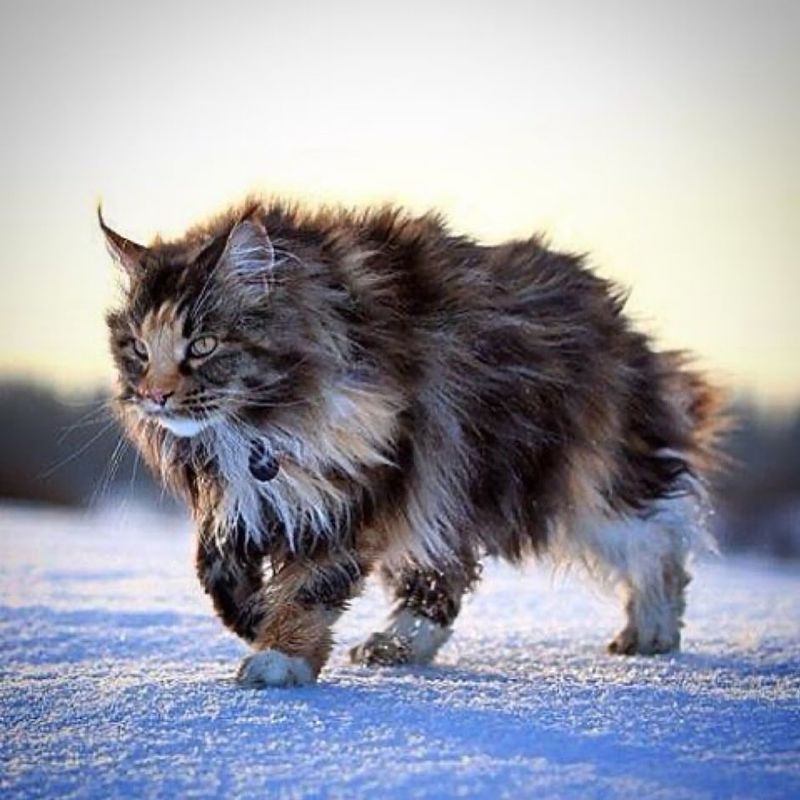
The Norwegian Forest Cat is a sight to behold, with its thick coat and sturdy build. These cats are independent and enjoy exploring, which can make training a challenge.
Regular grooming is necessary to keep their luxurious fur in check, particularly during shedding. While they are generally healthy, their grooming and independence needs make them more suited to experienced cat owners.
Potential adopters should be ready for a commitment to their care and maintenance.

